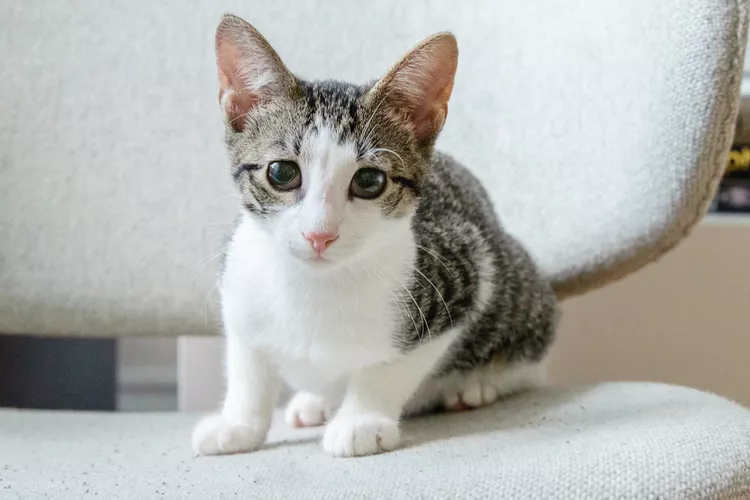
A kitten is born, its eyes and ears open, it gets teeth, and then it weans from nursing to eating solid kitten food. There are a lot of changes that happen in just the first couple of months of a kitten's life.
However, the next few months are also full of changes and new experiences for a growing kitten. During this time, kittens develop social skills, learn to hunt, and explore their surroundings. These experiences are crucial for their development into healthy, well-adjusted adult cats.
At three months of age, a kitten will have developed all of its baby teeth and they will even begin falling out. If the teeth do not fall out by the time the kitten is about six months of age, a veterinarian may recommend they be extracted when the kitten gets spayed or neutered. Baby teeth that don't fall out are called retained deciduous teeth, and they can cause problems for adult teeth if they don't fall out or get extracted in time. A typical cat will have 26 baby teeth and 30 adult teeth so there is a lot of teething going on for a few months. You may find baby teeth lying around the house but most of the time, the kitten swallows the teeth.
By three months of age, a kitten's eyes will also be their adult color. The baby-blue eyes will have changed to a permanent adult eye color unless the cat has the genes to permanently have blue eyes.
Between three and six months of age, a kitten's body shape will start to fill out. This means a kitten will start to get more muscular and evolve from a round-bellied baby to a lean and slender young adult.
Kittens sleep a lot when they are first born, but as they grow they will spend a little less time sleeping and more time playing and exploring. From the ages of three to six months, a kitten is just brave enough to test its physical limits, put different items in its mouth, and approach other animals to see what happens. The first few months of socialization with its littermates and mother will pay off during these next three months as you will start to see a kitten's personality develop. If it does not receive appropriate socialization, it may begin to develop aggression issues with toys or food.
Teething is normal behavior for kittens of this age. Chewing on furniture, toys, and even some items a kitten shouldn't chew on is an attempt to help the baby teeth fall out as the adult teeth are coming in. This behavior should be allowed but restricted to safe toys. Kitten-proofing a home is often necessary to keep a kitten safe from items like electrical cords, but also to keep your belongings safe from tiny, yet damaging, kitten teeth and nails.
Most kittens are sexually mature by the time they are about six months of age, but this can vary from cat to cat with some breeds developing more slowly or more quickly. Once a cat reaches sexual maturity, it may start to act differently due to the hormones that are now circulating within its body. Female kittens may go into a heat cycle and demonstrate behaviors such as crying and holding their tail up in the air while male kittens may become more aggressive. Surgery to spay or neuter a kitten will eliminate the behaviors caused by the hormones circulating throughout its body.
A kitten should have already had its first vet visit and received its first FVRCP vaccination at about two months of age, but that isn't all a growing kitten will need. Three to four weeks after the first vaccination, or at about three months of age, the second FVRCP vaccination is administered. About one month later, the last FVRCP vaccination is administered along with a rabies vaccination. During these three months, your veterinarian may also discuss other vaccination options with you depending on your kitten's lifestyle and exposure risks. The first year the vaccinations are received is the only year they will need to receive boosters to be effective. These vaccinations are incredibly important to help keep your kitten healthy, and the rabies vaccination is even required by law, even for indoor-only cats.
Spaying and neutering are very common surgical procedures, and by six months of age, most kittens are having one of these procedures done. Females get spayed and males get neutered, but both surgeries remove the reproductive organs in a kitten. With these organs removed, fewer sexual hormones are being produced, a cat is unable to reproduce, and the risk of many types of cancer is eliminated or greatly lowered. Your veterinarian will recommend the best time to spay or neuter your kitten and may also recommend that pre-operative blood screening be performed before the surgery. This blood screening will not only show whether or not your kitten is healthy enough for anesthesia, but it will also establish baseline normal values for your kitten. These baseline values will be useful to compare future blood work as your cat ages.
Parasite prevention is important to start on kittens as soon as they are old enough or weigh enough to receive it. Talk to your veterinarian about parasite prevention options for intestinal parasites, fleas, ticks, and heartworms at the first vet visit. These medications are often given to a kitten monthly, but some are needed less frequently.
Kittens between the ages of three and six months should be eating AAFCO-approved, formulated kitten food to receive all of their nutritional requirements. They will continue to eat this food until they are about nine to 12 months old. As a kitten approaches six months of age, you may have to regulate how much you feed it if it is gaining too much weight. Every kitten food has a different amount of calories per cup of food, so you will need to follow the feeding guidelines on the bag or can or work with your veterinarian to determine how much food your specific kitten needs. The average kitten usually needs about 1/2 cup of an average dry kitten food a day.
The period between three and six months of age is important for training a kitten on where it can and cannot go in the house, what items are acceptable to play with, and even teaching it its name. Treats, verbal praise, and petting should be used to reinforce good behaviors.
Litter box training should come naturally to a kitten but there are special litters designed to attract kittens if you are concerned about it not knowing where to potty. Make sure your kitten can get in and out of the litter box and knows where to find all of the boxes in the house. If you have one kitten you should have at least two litter boxes in separate locations, ideally on each floor of a multi-level home.
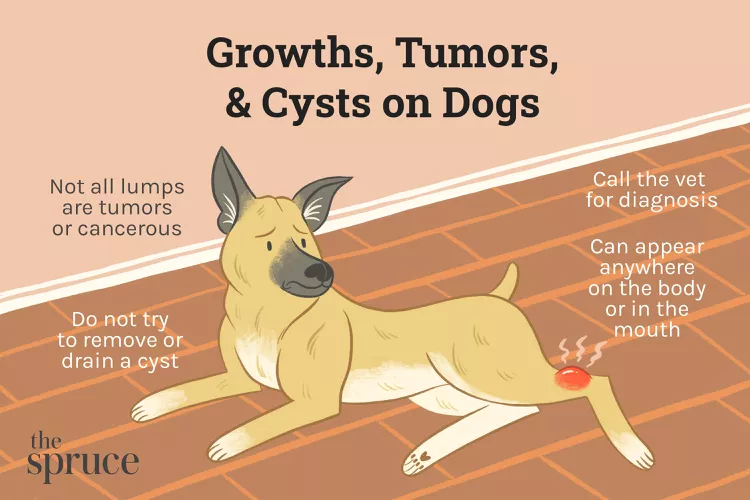
Tumors, Growths, and Cysts in Dogs
Tumors, lumps, growths, or cysts are commonly found on dogs. Learn the causes, treatments, and preventative measures.
Eye Injuries and Infections in Dogs
Dogs can suffer eye injuries that range from mildly irritating to serious medical emergencies. Learn the causes, treatment, and prevention.
Vestibular Disease in Dogs
Vestibular disease affects a dog's balance and eye movements. Find out about the signs, causes, and treatment of vestibular disease in dogs.
Is Acetaminophen Safe for Dogs?
Acetaminophen is used by humans for pain and fever relief, but is it safe for dogs? Here's what you need to know before giving your dog acetaminophen.
Can Dogs Eat Zucchini? Everything to Know About This Hardy Summer Squash
Zucchini is a nutritious food that's safe for dogs to eat in moderation. This low-calorie, high-fiber vegetable can be incorporated as a healthy treat in a dog's balanced diet. Learn more about its health benefits, potential risks, and how to prepare it.
Can Dogs Eat Popcorn? What You Need to Know for Movie Night
Dogs can eat popcorn, but there are safety concerns. Find out how to safely feed your dog popcorn and what you should do if you're concerned.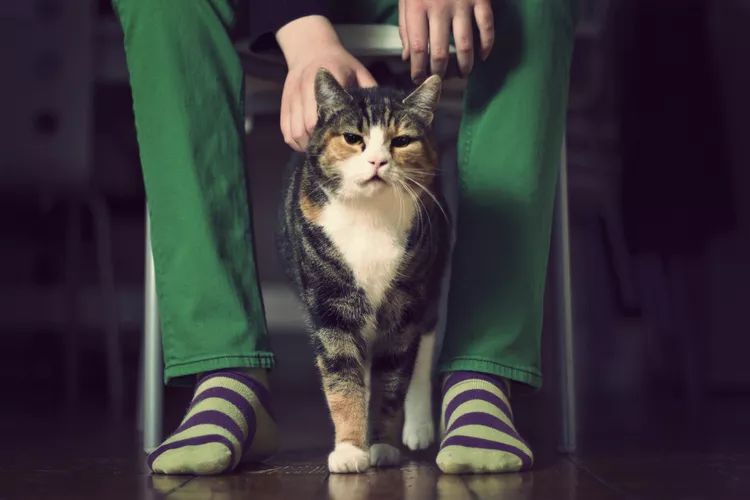
65 Irish Cat Names
Irish cat names can pay homage to historical places, local cuisine, famous Irish actors and musicians, or other wonderful aspects of the Emerald Isle.
46 Egyptian Cat Names
Whether inspired by notable Egyptian deities, locales, or pharaohs, Egyptian cat names can bring out the divinity of your noble feline companion.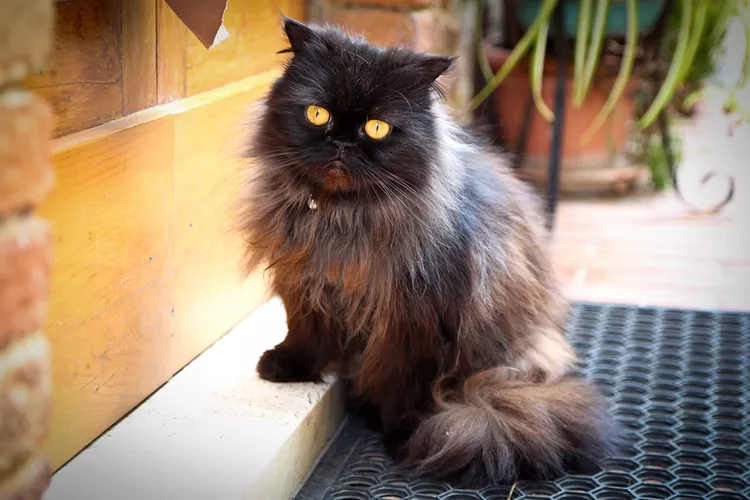
Are Ant Traps Safe for Cats?
Here's how to know if ant traps are safe for cats and how to keep yours free from harm if you have an ant problem.
The 6 Best Cat Nail Clippers of 2024 for a Safe Trim
Clipping your cat's nails can save your furniture and keep your kitty comfortable. We asked veterinarians for their cat nail clipper recommendations.
Is Neosporin Safe for Cats?
A brief summary of concerns a cat owner should be aware of before putting Neosporin on their cat, plus tips for things they can use at home instead.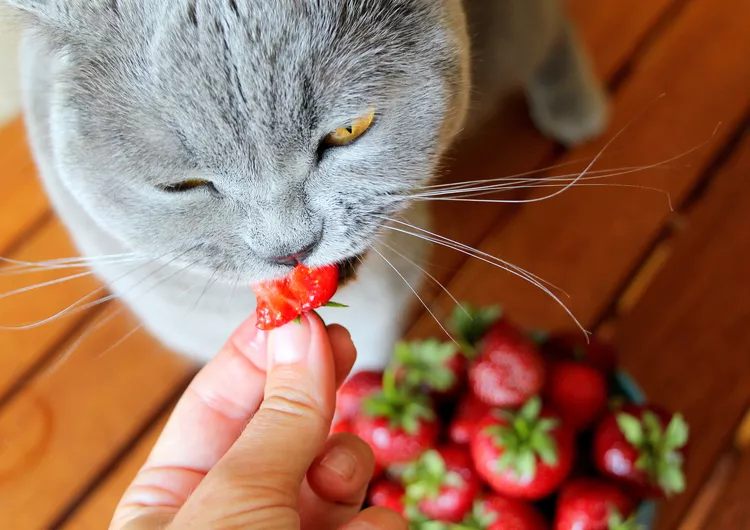
Can Cats Eat Strawberries? How to Safely Share This Summer Berry
Although cats are primarily meat eaters, strawberries may be an interesting and tasty snack for your feline friend. Find out the risks of feeding strawberries to cats and how to safely let your cat enjoy this fruit.
Cute Pictures & Facts About Calico Cats & Kittens
Learn fascinating facts about calico cats, including photos, the genetics behind this color combination, and common folklore and traditions.
12 Most Popular Cat Breeds for Feline Lovers
These 12 cat breeds, like the Siamese and Sphynx, are known for their unique appearances and personalities. Learn what makes them so popular.
Balinese: Cat Breed Profile, Characteristics & Care
The Balinese cat is playful, sociable, elegant, intelligent, and a touch on the vocal side. Learn about the Balinese, including appearance, temperament, health, and care needs.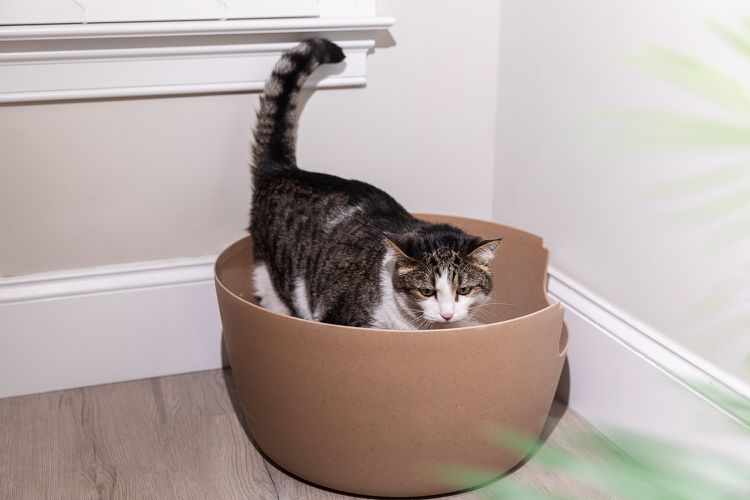
Why Cats Don't Always Cover Their Poop
Cats may not cover their poop for a few different reasons, including being territorial, sending a message to their owner, and not liking the litter.
Cavapoo: Dog Breed Characteristics & Care
The Cavapoo is a hybrid of the Cavalier King Charles spaniel and a toy or miniature poodle. Learn why these teddy-bear-looking dogs make the perfect addition to your family.
Why Dogs Eat Poop and How to Stop Them
Is your dog eating poop? Some dogs do this because of stress or illness. Learn how to prevent stool eating, or coprophagia, in dogs.
Can Dogs Get Depression? How to Help Your Sad Dog
Can dogs get depression? Learn about the signs of depression in dogs and find out how to help your sad dog.
4 Reasons Why Your Dog Licks Their Butt
Butt-licking in dogs can be a part of normal grooming, but excessive butt-licking is not normal. Read about the most common reasons for this behavior.